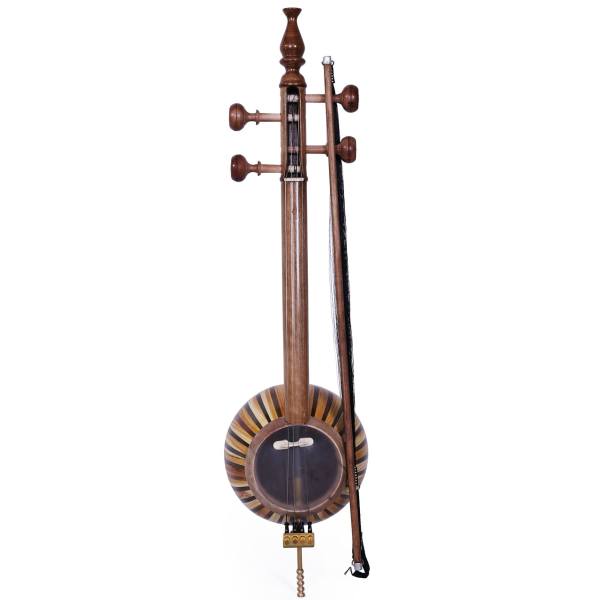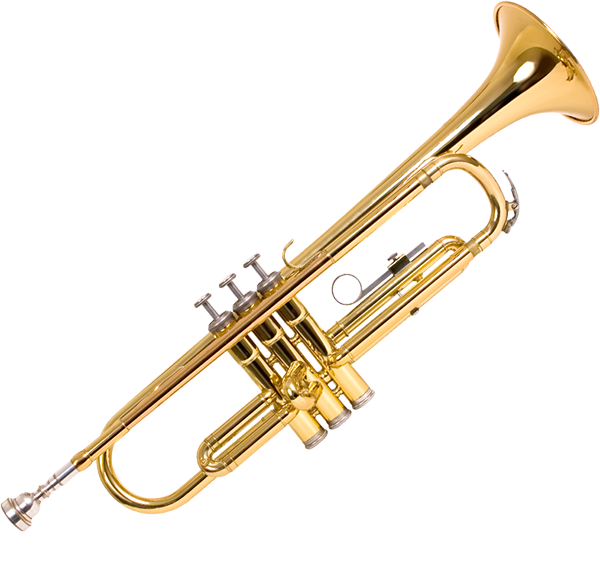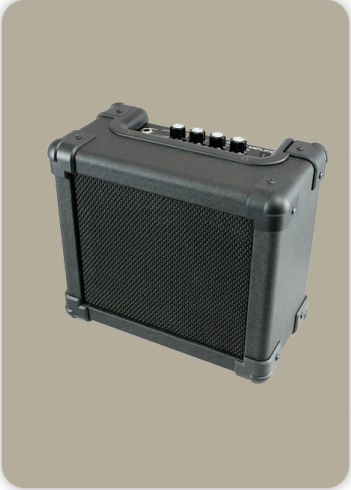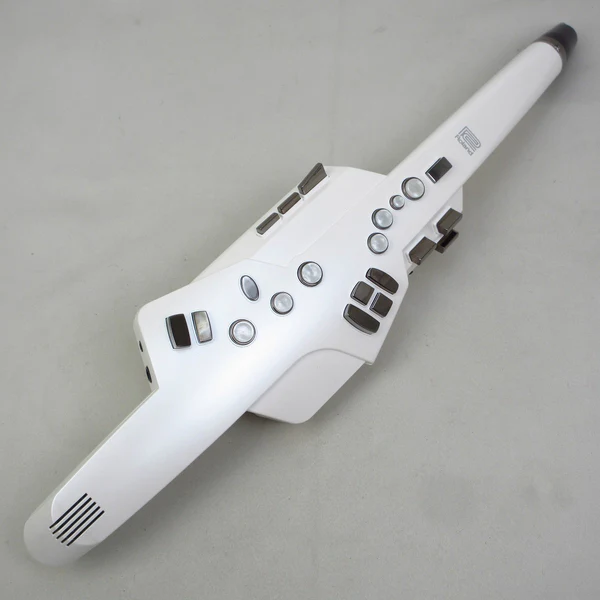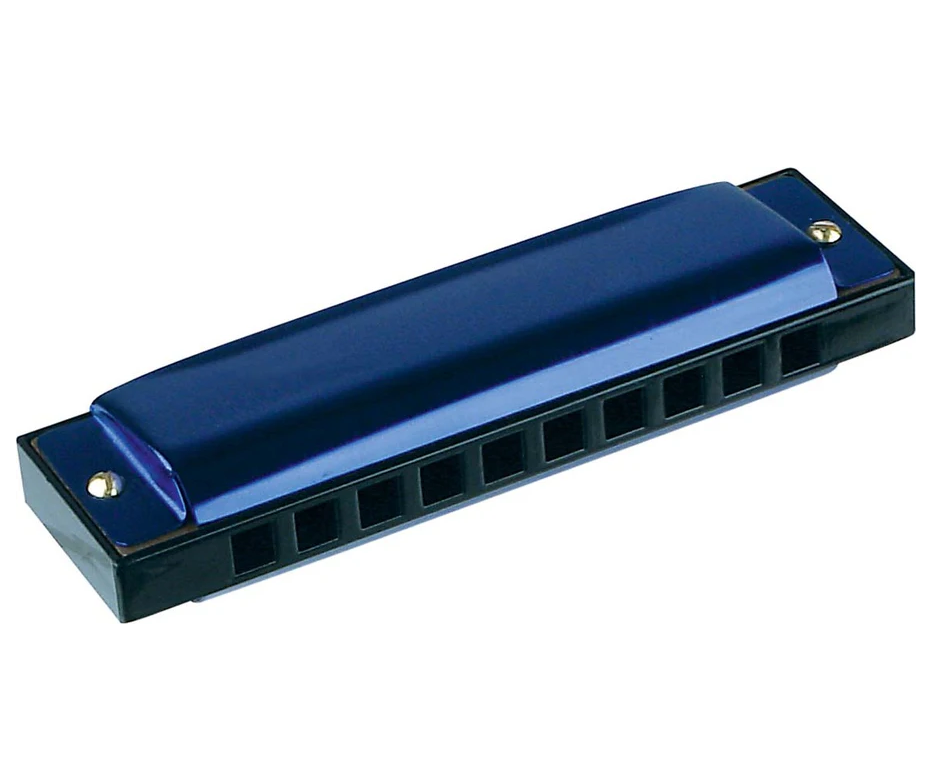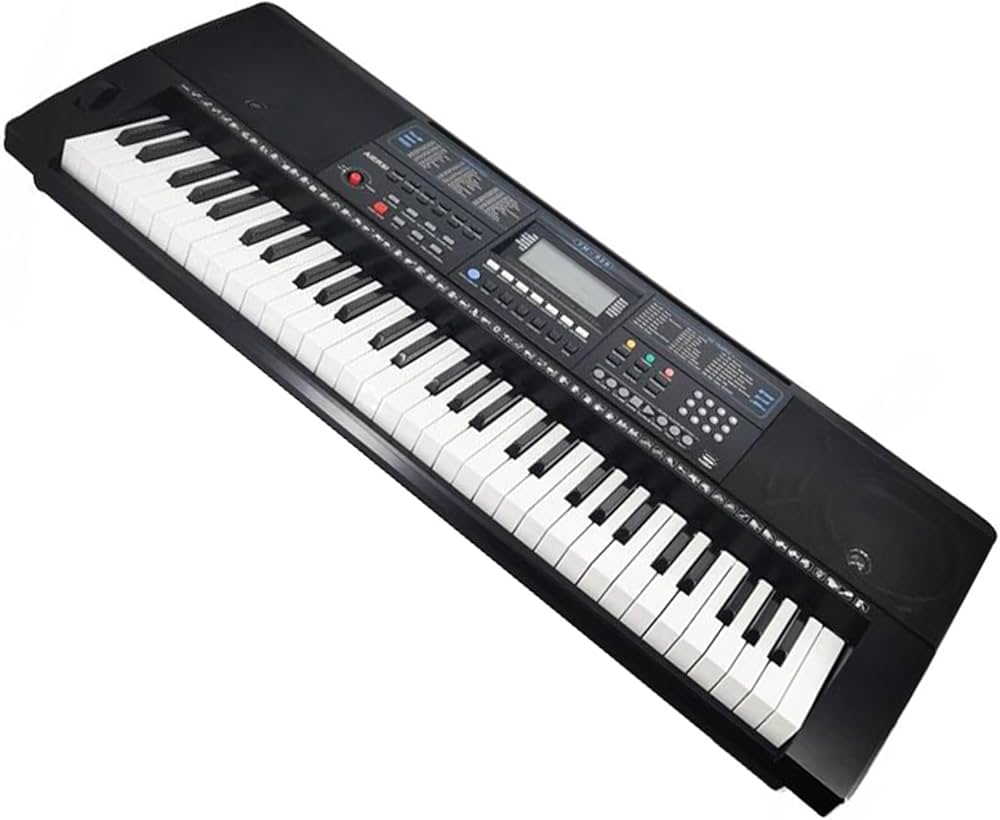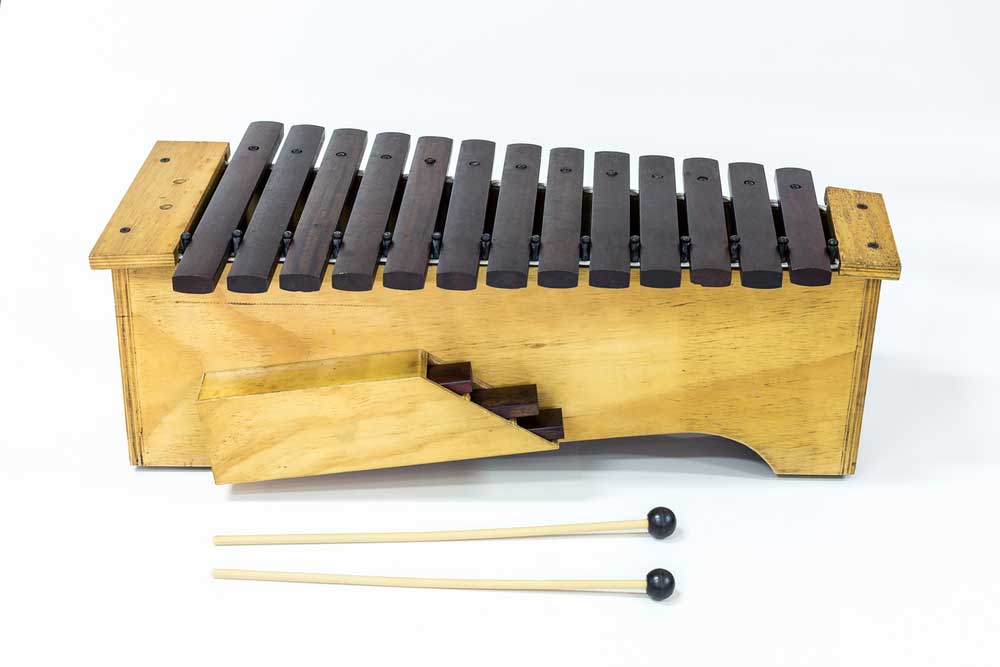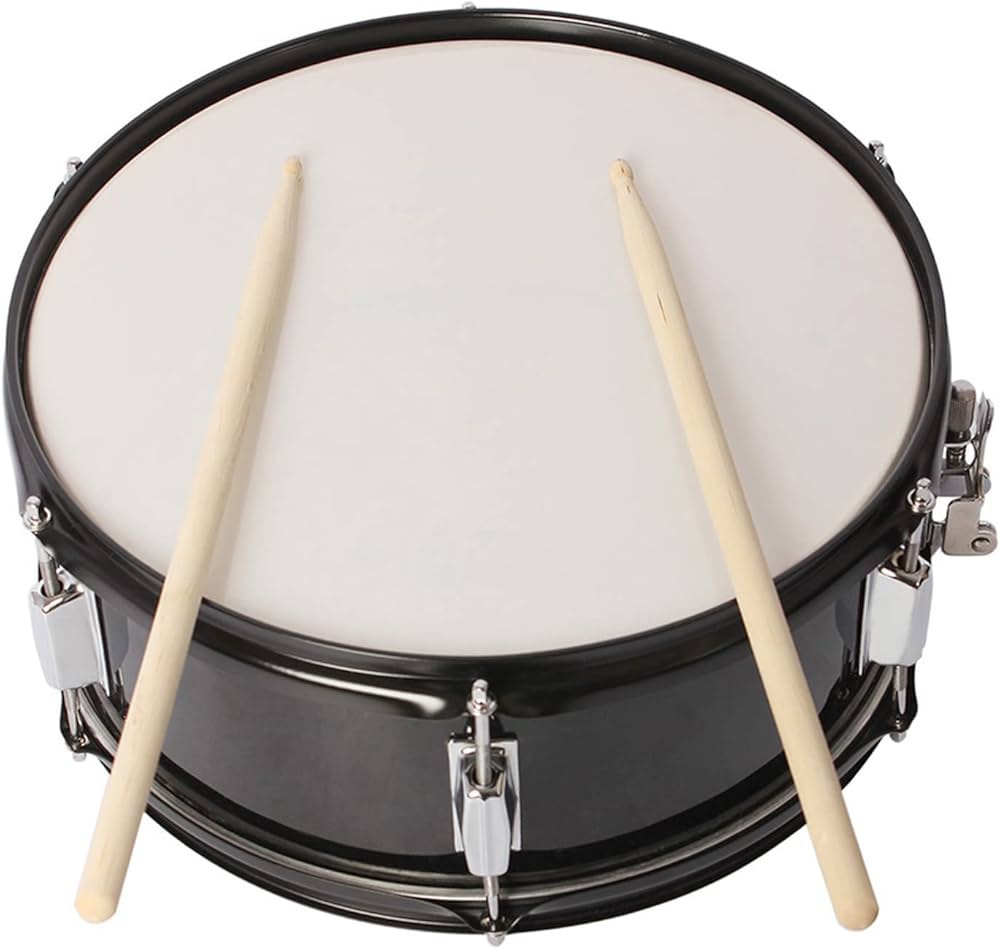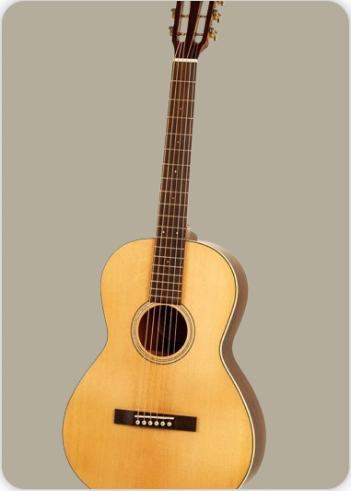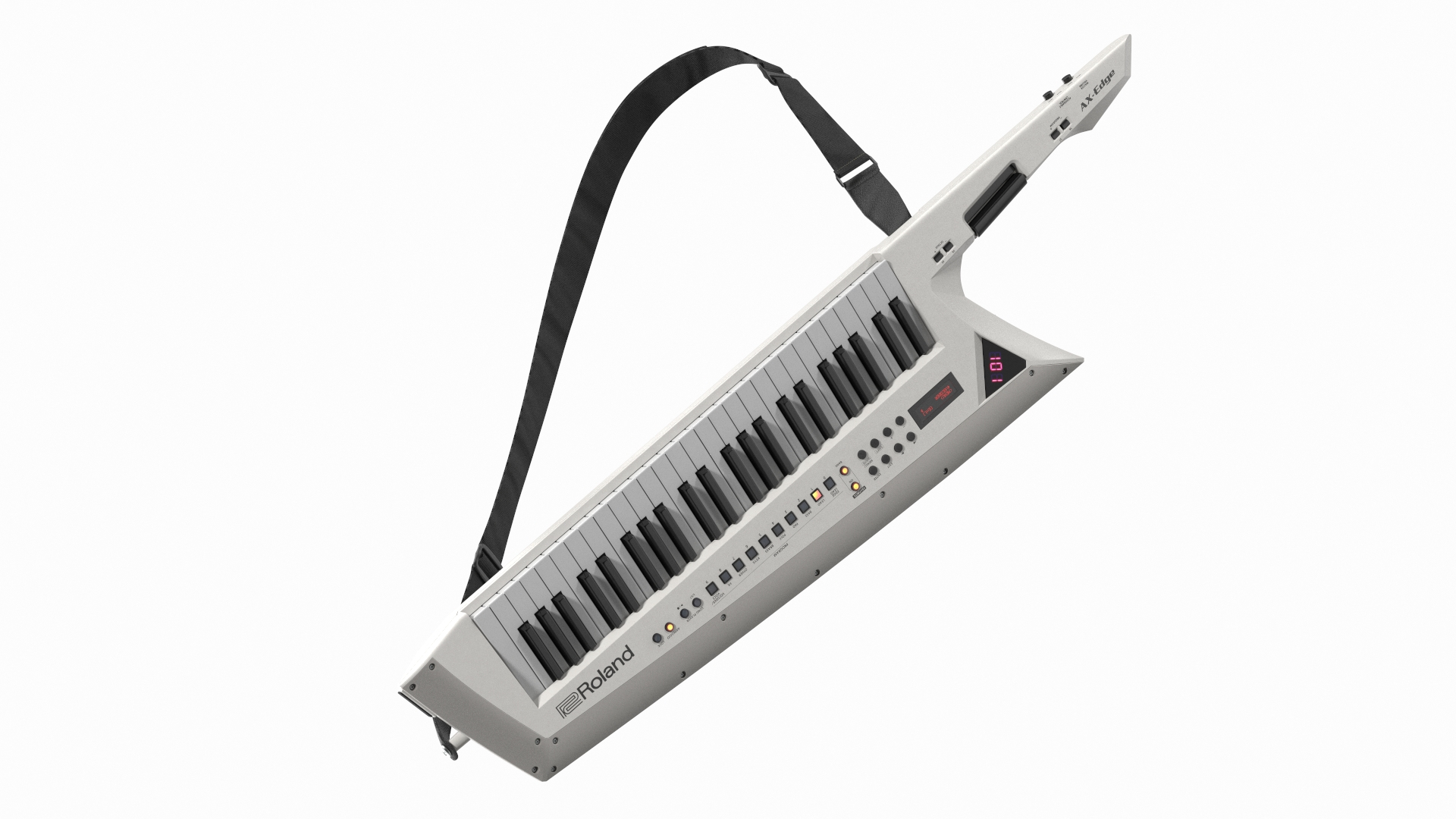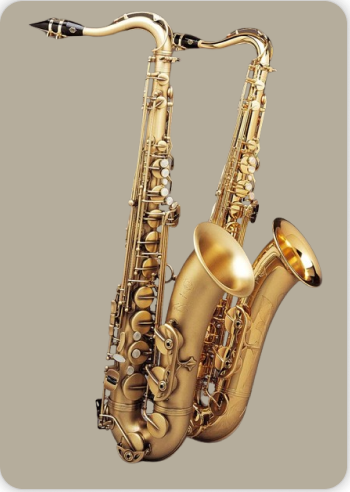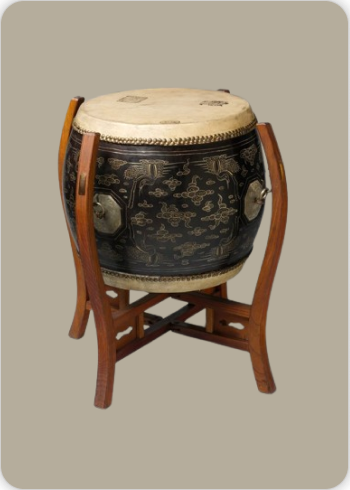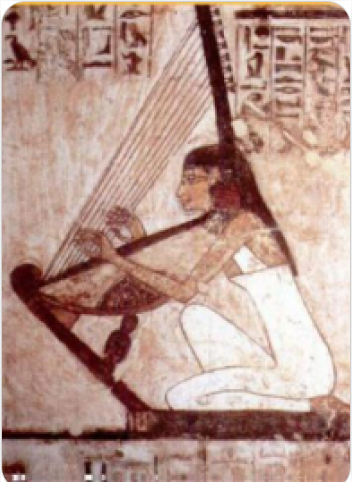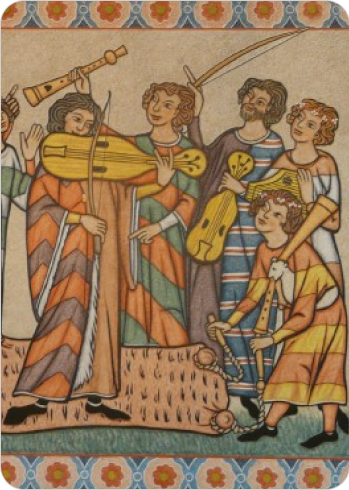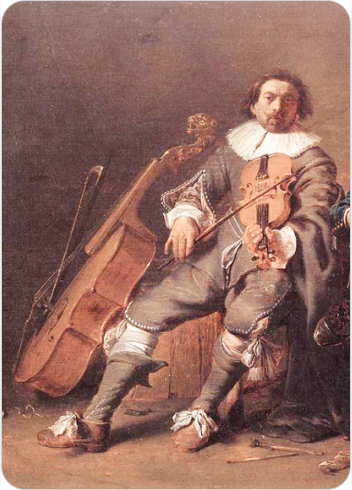Keytar
Electronic Instruments
America
Between 1901 and present
Video
The keytar is a hybrid musical instrument that merges the features of a keyboard with the portability and performance style of a guitar. This unique design has allowed keyboardists to engage audiences with greater mobility and visual flair, often associated with energetic live shows.
Characteristics
The keytar is designed with a keyboard layout similar to that of synthesizers, while its body is shaped like a guitar and supported by a strap worn around the neck and shoulders. This allows performers to move freely on stage. Keytars often come equipped with various controls located on the neck, such as pitch bend wheels, modulation sliders, and buttons for vibrato and sustain effects, enhancing expressive performance capabilities. Modern models may also feature drum pads and MIDI control functionalities.
Historical Background
The keytar emerged in the 1970s, with early models like the Moog Liberation, which was introduced in 1980. This instrument was designed to give keyboard players the same stage presence and mobility as guitarists. The 1980s were the keytar’s heyday, particularly in glam metal and synth-pop genres, where its combination of striking visual appeal and versatile sound made it a fixture in live performances. Bands like Devo and many other new wave and pop artists popularized its use during this time.
Cultural Significance
The keytar has made significant contributions to various music genres, including new wave, electro, and pop music. Its flamboyant appearance and the expressive freedom it offers have made it an icon of 1980s music culture. Although its popularity waned in the 1990s, the keytar experienced a revival in the 2000s and 2010s, appearing in performances by artists such as The Black Eyed Peas and Motion City Soundtrack.
Modern Developments
Modern keytars have benefited from technological advancements that provide superior sound quality, wireless capabilities, and enhanced MIDI functionalities. For example, instruments like the Alesis Vortex have integrated accelerometers, allowing performers to control sound parameters through motion. Today, keytars are used in both live performances and studio production, showing their versatility in music composition and sound design.
The keytar remains an iconic instrument that bridges the gap between keyboards and guitars, continuing to inspire musicians and captivate audiences with its distinct blend of visual performance and musical versatility.
FAQ
What is a keytar?
A keytar is a musical instrument that combines the features of a keyboard and a guitar, allowing for portable and dynamic live performances.
When was the keytar invented?
The keytar was developed in the 1970s, with early models like the Moog Liberation introduced in 1980.
What music genres is the keytar popular in?
The keytar is popular in genres such as new wave, synth-pop, electro, and pop music. It was especially prominent during the 1980s.
What features do modern keytars have?
Modern keytars often include built-in effects, MIDI capabilities, drum pads, and accelerometers for motion-based sound control.
Why did the keytar become popular in the 1980s?
The keytar became popular in the 1980s due to its unique combination of mobility and expressive sound, making it ideal for visually engaging performances.
 Links
Links
References
Other Instrument
Categories
